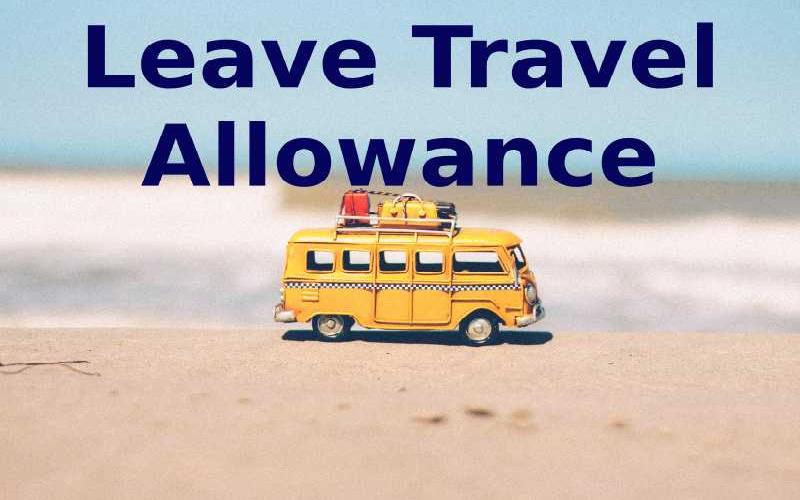What is Leave Travel Allowance? Exemptions and Conditions of LTA


Leave travel allowance is an allowance paid by employer to employee for the purpose of traveling within India. The major benefit of Leave Travel Allowances ( LTA ) is that they are exempt from tax. In this article we are going to discuss in detail what is LTA actually, benefits it provides, exemptions provided and conditions that need to be fulfilled for getting Leave Travel Allowances.
Leave Travel Allowance is a common term used among the salaried employee population of India. It is widely used by the employees for claiming eligible exemption as per the provisions under the Income Tax Act, 1961. In this article, Leave Travel Allowance has been explained at a glance.
What is Leave Travel Allowance?
Amount exempt under Leave Travel Allowance-
|
In case of travel by |
Amount of exemption |
|
Air |
Lesser of economic air fare by the shortest route or actual amount spent. |
|
Rail or any other mode to a place connected by rail |
Lesser of First class AC fare by the shortest route or the actual amount spent. |
|
Other places not connected by rail |
If a recognised public transport exists: amount not exceeding rate of first class or deluxe as the case may be. |
|
If a recognised public transport does not exists an amount equal to first class AC fare of railways for the distance of the journey by the shortest route. |
Other conditions-
.
The cost concept is one of the basic underlying guidelines in accounting and understanding which enables accountants to maintain the accuracy in the profession. Below article discusses the cost concept in brief. .
One of the underlying principles that help free markets in attaining efficiency in allocating resources among people is the principle of diminishing marginal utility. For most economic goods, the utility derived from the first unit of an economic good is more than the next.
Financial Analysis is important to a business for a number of reasons. The nature of analysis is different and it is undertaken depending on the need of the analysts.